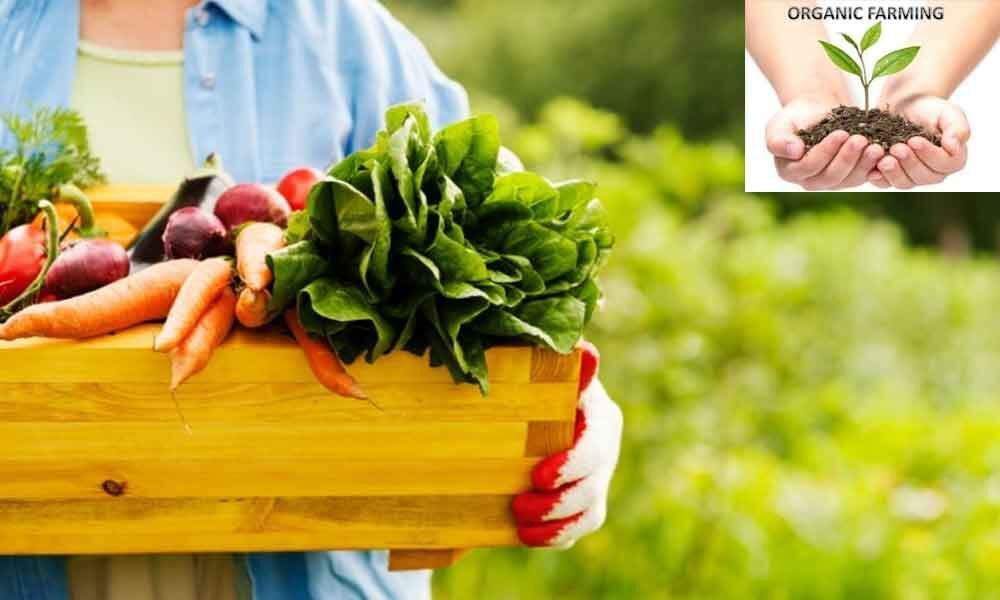What is Organic Farming? And it's importance

There is no universally acknowledged meaning of natural cultivating, however most believe it to be a particular generation framework that intends to maintain a strategic distance from the utilization of manufactured and harmful pesticides.
There is no universally acknowledged meaning of natural cultivating, however most believe it to be a particular generation framework that intends to maintain a strategic distance from the utilization of manufactured and harmful pesticides, manures, development controllers, and domesticated animals feed added substances.
USDA rules express that ranchers utilize agrarian techniques that protect nature and evade engineered cultivating and farming materials.
Practically all natural cultivating frameworks depend on what some call elective cultivating techniques, for example, crop revolution, mechanical development, creature fertilizers, green excrement, and incorporated nuisance the board to keep up solid soil, develop sound plants, and control vermin and weeds. Strangely, these elective cultivating strategies are more seasoned, from an authentic point of view, than more up to date cultivating techniques that incorporate utilizing pesticides and other manufactured cultivating applications.
Supportability
The National Organic Program (NOP), some portion of the United States Department of Agriculture (USDA), creates norms for natural cultivating, however these gauges don't cover the most extreme in economical cultivating rehearses. There is no accord on whether reasonable practices are an essential part of natural cultivating, further adding to the absence of a widespread definition.
The USDA site expresses that maintainable horticulture is a term that resists definition, while likewise taking note of that it has started "inventive deduction" inside the business. The 1990 Farm Bill, as revealed by the USDA, expresses that manageability ought to have a long haul objective of:
Fulfilling human sustenance and fiber needs;
Upgrading ecological quality and the common asset base whereupon the rural economy depends;
Making the most productive utilization of nonrenewable assets and on-ranch assets and incorporating, where proper, regular organic cycles and controls;
Supporting the monetary reasonability of ranch tasks;
Upgrading the personal satisfaction for ranchers and society all in all.
Various U.S. states, areas, and neighborhood ranchers have extra natural cultivating benchmarks set up that surpass fundamental NOP models. Also, different nations have set up natural cultivating gauges that vary from U.S. principles.
Getting to be Certified Organic
Ranchers can have their agrarian products guaranteed natural through the USDA. This includes presenting an application and expected charges to an affirming operator authorize by the USDA. Land used to develop these products can't have been cultivated with any restrictive substances for at any rate three years, as per the USDA site. Help is accessible for ranchers changing to natural.
The USDA site records various sorts of natural marks that can be utilized on sustenance. Excluding salt and water, 95 percent of an item's fixings must be natural for an item to be named as "natural." If 100 percent of the fixings are natural, an item can be marked "100 percent natural." Labels additionally can demonstrate that an item is "made with natural" if at any rate 70 percent of the fixings are natural.
Any farmers marketing more than $5,000 worth of products annually must be certified to label their products organic. While those marketing less than $5,000 worth of products annually do not need to apply for certification, they still must abide by labeling standards.














